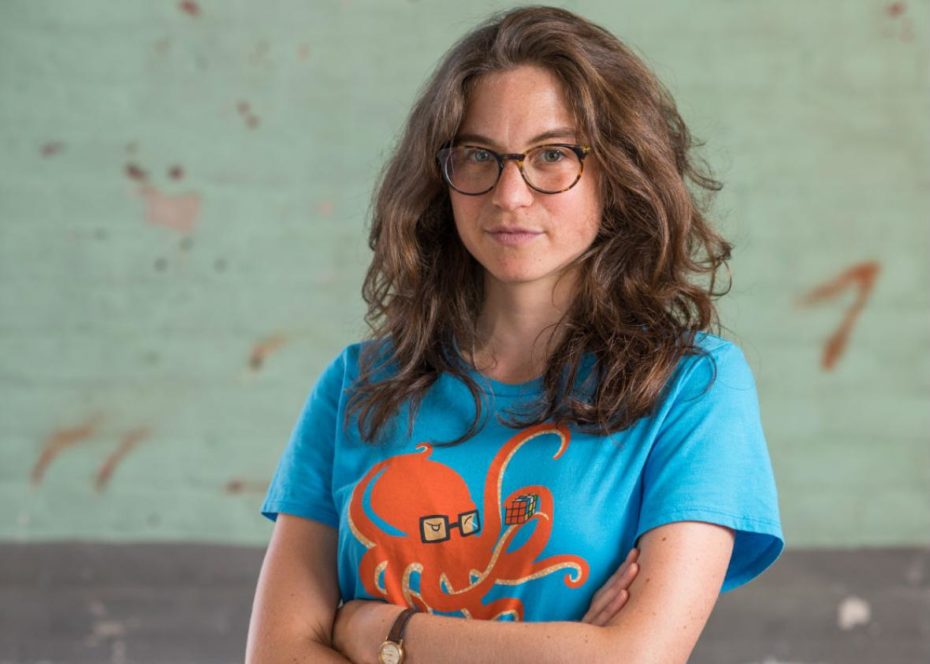
This is the age of the pandemic. But it is also the age of the “infodemic,” in which we are relentlessly bombarded by a tsunami of information, the reliability of which is often questionable, especially when the source is social media.
In face of the seriousness of the health and societal problems we have to confront, judging the trustworthiness of the information we use to guide ourselves is becoming more and more critical. However, making such judgments is not an easy matter. Possible vested interests, evaluation of appropriate expertise, sources of published information, extent of peer review, scientific plausibility, the difference between anecdote and evidence, reliance on confirmation bias, distinguishing between correlation and causation, and the reproducibility of cited research all have to be considered before we jump onto one of the many bandwagons that are rolling by.
This year, the 2020 Trottier Public Science Symposium (October 26) will address the question of “in whom do we trust?”
As part of the Symposium, Wendy Zukerman will be presenting “Science journalism during the Pandemic: How do you keep up with the facts and the fears.” Zukerman is the stigma-breaking science journalist and host behind Gimlet Media’s chart-topping podcast Science Vs has spent the past decade working across television, audio and print. Zukerman’s talk will take place on October 26, at 12 pm ET. The talk will be streamed live.
Your podcast, Science Vs., is one of the most popular science podcasts out there. How did you get into podcasting?
I was a science reporter for New Scientist Magazine, then moved to the Australian Broadcasting Corporation – and did a bunch of different work over there, including reporting on scientific breakthroughs. When the ABC was interested in moving to podcasting, I was asked if I had any ideas – and I did. Science Vs! Before then, I’d only made a few different things for radio – I didn’t really know what I was doing. But much to my surprise a whole lot of people listened to the show. It was so exciting. And before I knew it – I was making it with a team in New York City – for Gimlet Media.
You deal with a large variety of topics. How do you know whom to consult and whom to trust?
We use peer-reviewed research as our bread and butter. That’s who we trust. Scientific papers that have been written by scientists, and vetted by their peers. If the science is new and conflicting, then we consult with other academics – and ask what they think.
What do you think has been your most impactful podcast?
It’s hard to say! We’ve been making the show for more than 5 years now – covering everything from abortion, gun control, immigration and the coronavirus. I think at the beginning of the year when there was so much unknown about the coronavirus, and so much misinformation swimming about – it was really important to get the best science out there. And people really responded to that. They were really grateful, and wrote to us – thanking us. Things were very scary – particularly in New York – back in March, but people who listened also really responded to the fact that the show tried to keep things as light as possible. Even in the horror of it all, we tried to find a way to make people smile.
What do you think about the controversy we’re seeing today surrounding the politicization of science?
The politicization of science has been around for a long time now. We’ve been fighting for a better understanding of Climate Change for decades now – decades. It’s gotten worse – that’s for sure. It’s really sad. There’s a lot of arrogance about ignorance. For me, I just try to keep making the podcast. With my amazing team, doing the best we can to bring science into people’s lives, while making them laugh.
